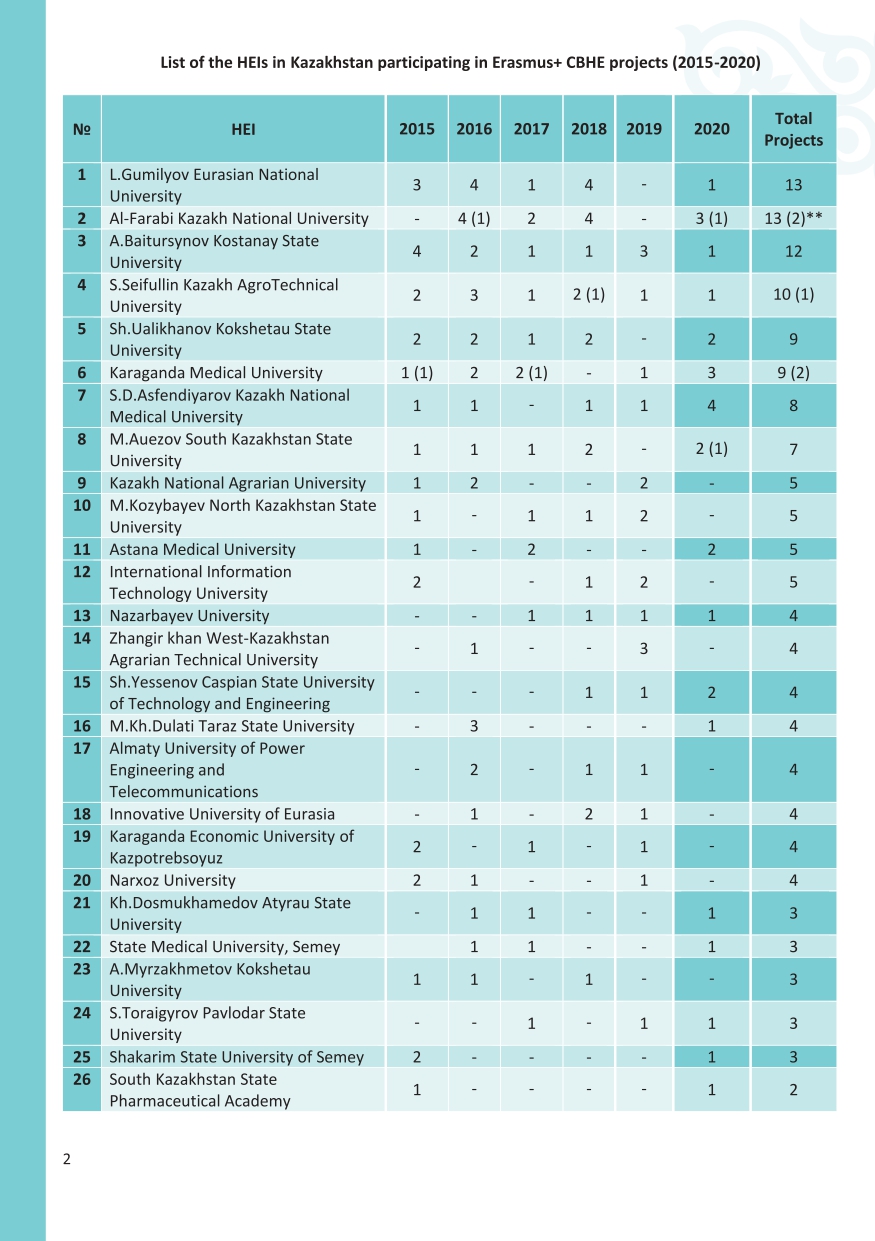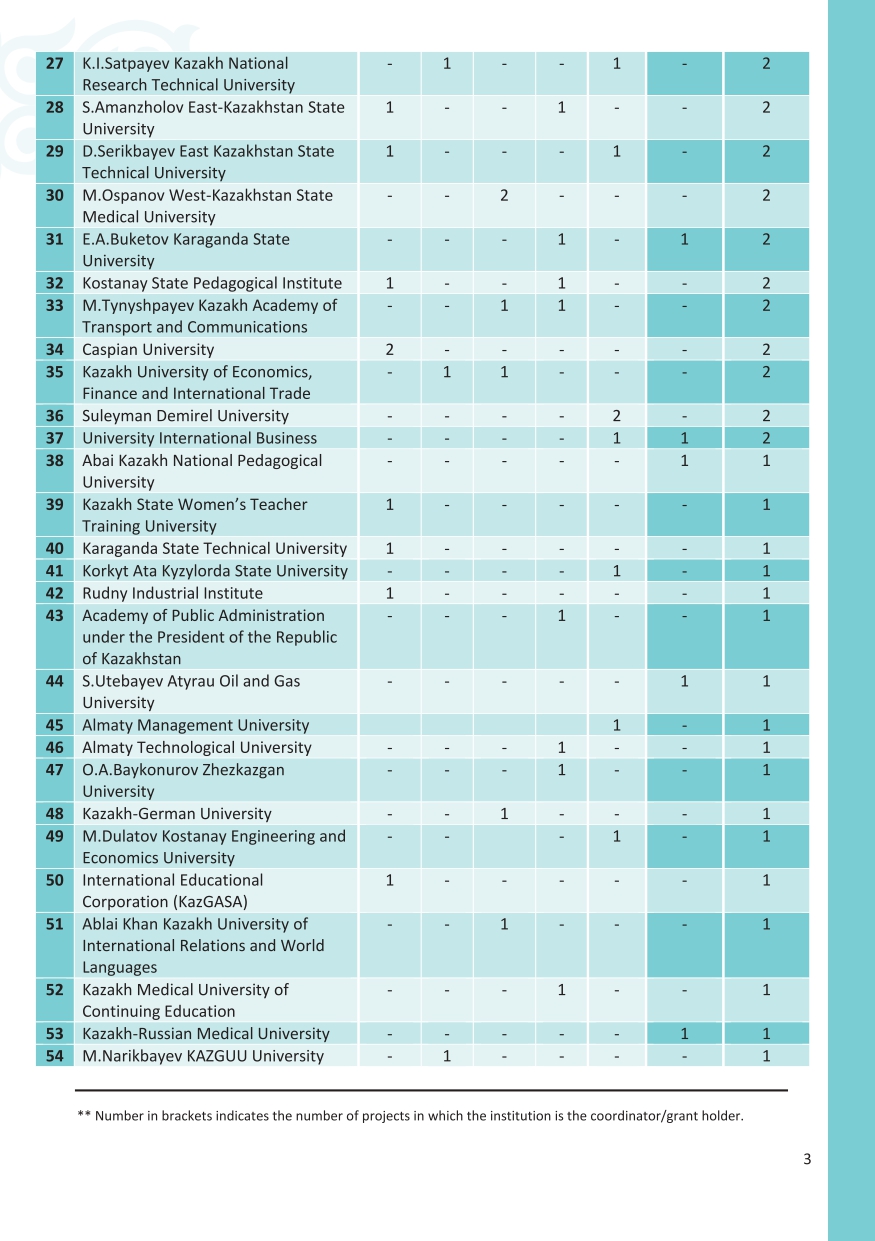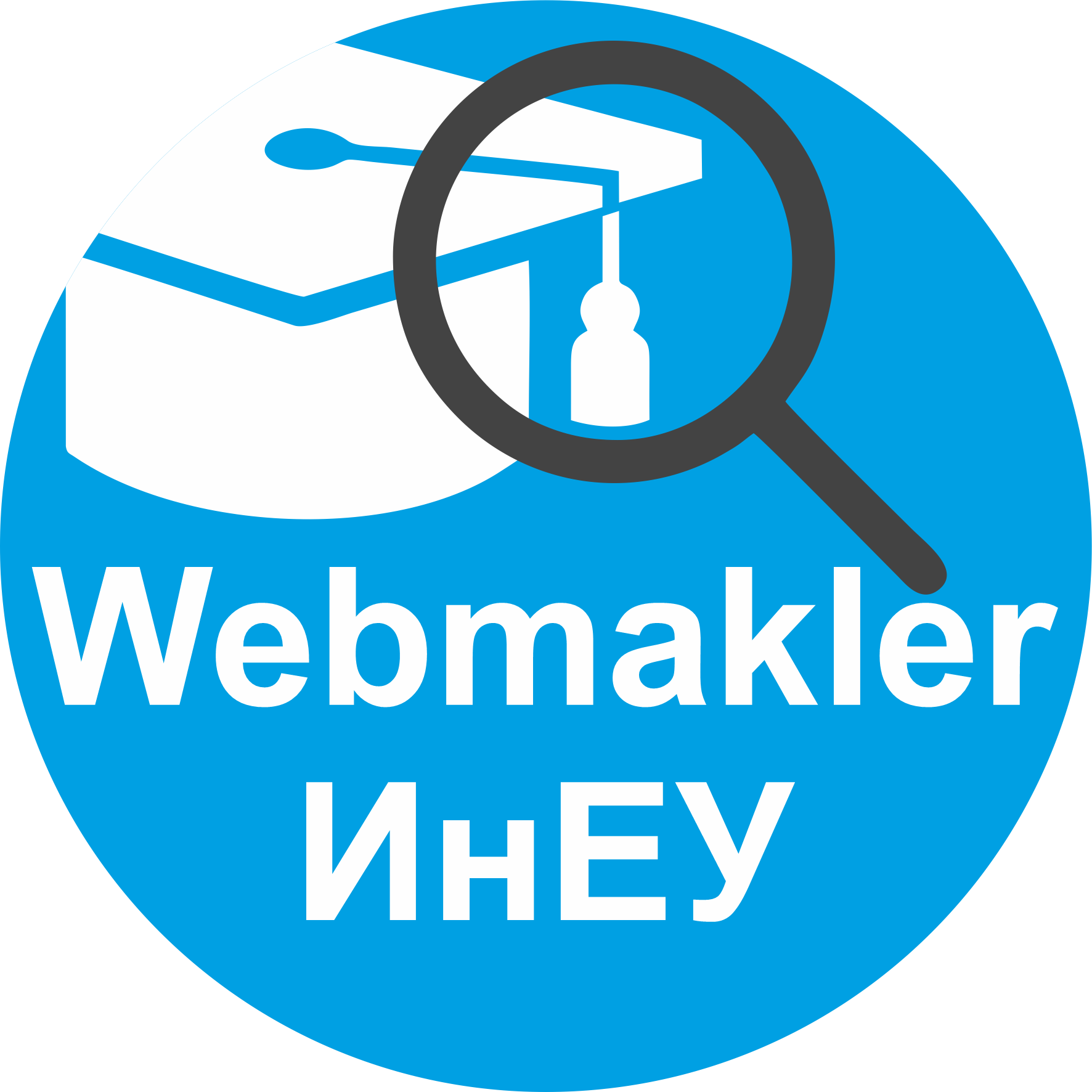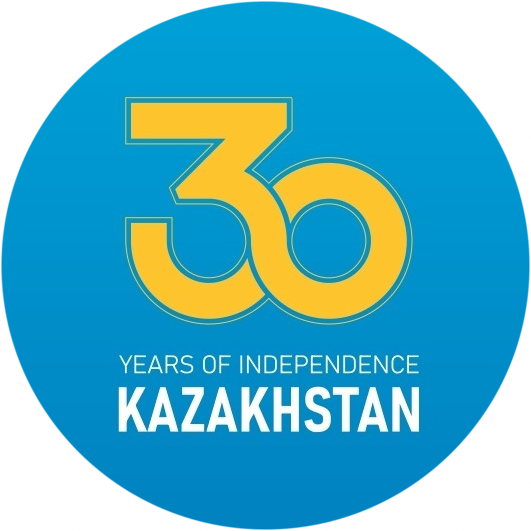Erasmus+

ABOUT ERASMUS+
Erasmus+ is the European Union's new programme for 2014 to 2020 to support projects, partnerships, events and mobility in the areas of education, training, youth and sport.
Erasmus+ programme aims to modernise and develope the Education, Training, Youth work, and Sport, to boost skills and employability. The programme will significantly increase investments to the human development.
Erasmus+ brings together a number of 2007-2013 EU programmes in the fields of Education, Training, and Youth (the Lifelong Learning Programme, The Youth in Action Programme, The Erasmus Mundus Programme, Tempus, Alfa, Edulink, Programmes of cooperation with industrialized countries in the field of higher education). As an integrated programme, Erasmus+ offers more opportunities for cooperation across the Education, Training, Youth, and Sport sectors and is easier to access than its predecessors, with simplified funding rules.
The international dimension of the programme (i.e. cooperation with Partner Countries) focuses on higher education, with some cooperation opportunities in the field of youth. In higher education, two actions (Joint Master Degrees and Jean Monnet) are financed from the EU internal budget, while two actions ("credit" mobility and capacity building) are funded from the external instruments (ENI, IPA, DCI and PI).
KA1
Learning mobility for individuals
1. "Credit mobility": the well-known Erasmus programme is for the first time open to non EU universities, students and staff. Erasmus+ funds credit mobility i.e. student mobility between 3 and 12 months (in both directions) to obtain credits in a host institution, which are then recognised by the home institution. European citizens will have an opportunity to study or teach at higher education institutions worldwide, and non-European students and teachers will be able to study, teach and train in Europe, i.e. this is an opportunity of learning, teaching and training in Europe and beyond for representatives from all sectors of education and training. University staff are agents of change in their home institutions.
Scholarships are awarded on the basis of inter-institutional agreements between universities from "Programme"1 and Partner countries. This action is decentralised and managed by a network of National Agencies in Programme Countries. This action is open to participation from higher education institutions worldwide, though only institutions from Programme Countries can submit applications to their National Agency.
2. "Degree mobility": excellent joint Master degrees are offered by consortia of EU and –optionally – non-EU universities. This is the continuation of Action 1 of Erasmus Mundus, which has proved to be very successful and given a lot of visibility worldwide to the universities involved. Excellent students and staff from anywhere in the world can get high level scholarships to participate in the Joint Master Degrees. Students have to be mobile to at least two different European countries. This action is centrally managed by EACEA in Brussels.
The former Erasmus Mundus Joint Doctorates Degrees have integrated under the Marie Skłodowska-Curie Actions (Horizon 2020). This action is open to participation from higher education institutions worldwide, though only institutions from Programme Countries can submit applications to EACEA on behalf of the consortium.
In the framework of the Key Action 1 InEU has concluded the Inter-institutional agreements with the following universities:
- Alexandru Ioan Cuza University of Iasi, Romania;
- University of West Attica, Greece;
- Opole University of Opole;
- Leiden University, the Netherlands;
- University of Porto, Portugal;
- Lusófona University of Humanities and Technologies, Portugal;
- Wroclaw University of Environmental and Life Sciences, Poland;
- Technical University of Gabrovo, Bulgaria;
- Angel Kanchev University of Ruse, Bulgaria.
KA2
Cooperation for innovation and good practice
1 Capacity building will replace what used to be financed under Tempus, Edulink and Alfa, i.e. joint projects based on multilateral partnerships to fund curriculum development and modernisation, new diplomas, modern teaching and learning practices, upgrading of facilities and equipment, improving university governance and management, and creating better links between higher education and the world of work. This action will also finance projects aiming to have an impact on national systems, through the involvement of national authorities, alongside universities. This action is centrally managed by EACEA. This action is open to participation from higher education institutions in countries covered by the ENI, IPA, DCI and EDF. Kazakhstan’s participation is covered by DCI. Applications to EACEA may come from institutions in a Programme Country or a Partner Country.
2 Strategic Partnerships and Knowledge Alliances
Strategic Partnerships foster quality and innovation in HEIs through stronger cooperation with enterprises, research organisations, social partners etc. This is done through the development of new curricula and programmes, and the use of new techniques and resources for learning and study. This action is open to participation from higher education institutions worldwide, though only institutions from Programme Countries can submit applications to their National Agency.
Knowledge Alliances promote structured, long-term cooperation between HEIs and enterprises. They facilitate knowledge flows between education and enterprise, stimulate entrepreneurship and develop multidisciplinary curricula responding to business needs.
This action is open to participation from higher education institutions worldwide, though only institutions from Programme Countries can submit applications to EACEA in Brussels.
Universities from Partner Countries will be able to take part in this two initiatives under Erasmus+, on the condition that the project demonstrates a very clear added value that the Partner-Country participation brings.
In the framework of the Key Action 2 InEU participates in the following research and educational projects together with foreign universities:
- PAWER – Paving the way to interregional mobility and ensuring relevance, quality and equity of access - № 574099-EPP-1-2016-1-IT-EPPKA2-CBHE-JP;
- TALENT – Establishing Master Programmes in HRM and Talent Development in Central Asia - 598690-EPP-1-2018-1-BE-EPPKA2- CBHE-JP;
- HiEdTec – MODERNISATION OF HIGHER EDUCATION IN CENTRAL ASIA THROUGH NEW TECHNOLOGIES - 598092-ЕРР-1-2018-1-BG-EPPKA2-CBHE-SP.
Innovative University of Eurasia is included in the first 20 of the universities of the Republic of Kazakhstan, participating in the ERASMUS + projects (2015-2020).


DOWNLOAD THE COMPENDIUM OF CBHE PROJECTS 2015-2020
https://erasmusplus.kz/index.php/ru/erasmus/erasmus-v-kazakhstane/ppvo
Projects:









